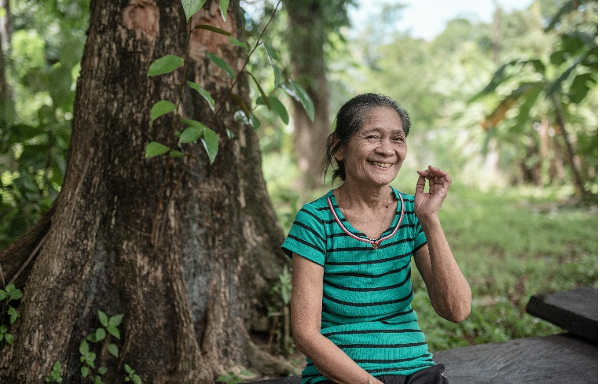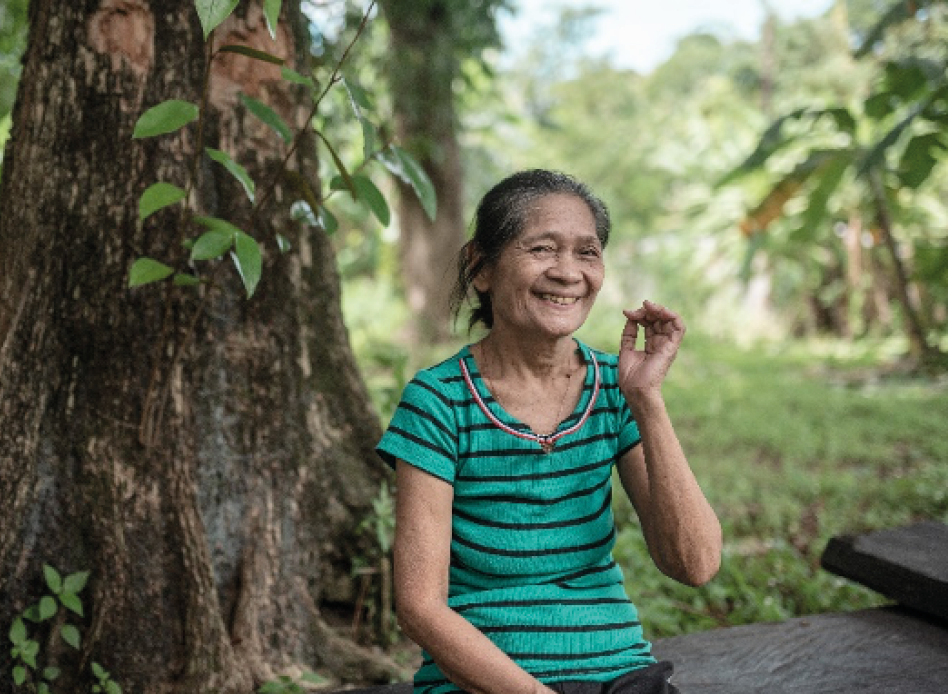Too often people being treated for tuberculosis (TB) do not complete their treatment successfully. Missing as few as one in 10 doses of the current drug-susceptible TB treatment is linked to a fivefold increase in the risk of an unfavorable treatment outcome, including drug resistance and TB relapse. Therefore, it is important that patients take their medication every day. Digital adherence technology (DAT) such as the smart pillbox provided by the ASCENT project can help reinforce medication adherence in a way that benefits the patient and enhances health system efficiency.
With the daily reminders the smart pillbox sends, and the care and support provided by the health workers – nurse, village health worker, and physician – of San Jose del Monte City Health Center III in Bulacan, Philippines, Editha Ganis successfully completed her TB treatment with an adherence rate of 100%. Below is a first-person account of her journey to cure using the smart pillbox, accompanied by her treatment partner, her youngest son.
Editha Ganis
I am Editha Ganis, a 65-year-old widow. I live in Iligan City. I came to San Jose del Monte, Bulacan, where my youngest son Jhannes works, to seek treatment. I don’t speak or understand Tagalog that well. Jhannes helped me with my treatment process.
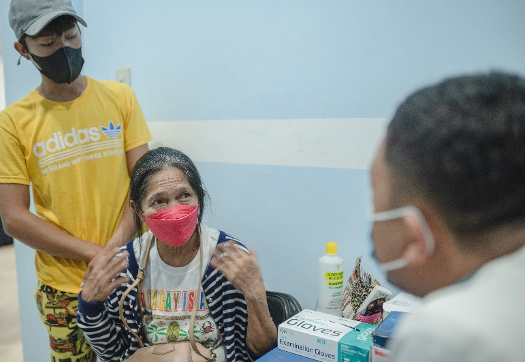
I had intermittent fever and difficulty breathing. . I easily felt tired doing the simplest tasks. My skin felt like it was burning. At the health center, the doctor advised me to get an X-ray and have my phlegm tested.
When the test results came back, the doctor told me I have tuberculosis. He said I needed to take TB medication for six months. The nurse gave me my initial set of medications and placed them in a plastic box. He told us that the box has an alarm that will ring when it’s time to take my medication.
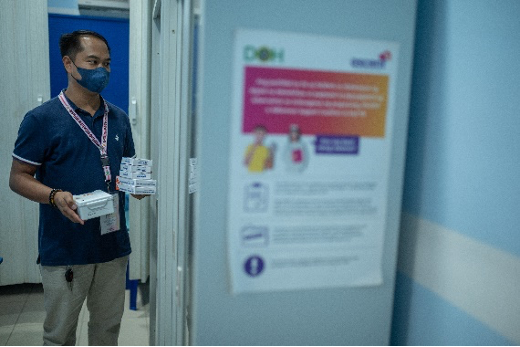
Jhannes Olandag, Editha’s youngest son and treatment partner
When we went to the health center, the nurse gave us a pillbox that contained my mother’s medications. Every day, when it’s time for my mother to take her medication, the alarm of the box made a sound.
The pillbox needed to be opened near a window to send the signal to the health worker that my mother had taken her daily dose.
Dr. Mohammad Maximo, Rural Health Physician, City Health Center III
The digital adherence technology of the Unitaid-funded, KNCV Tuberculosis Foundation led ASCENT project, particularly the smart pillbox, does not only help our patients. It also supports our healthcare workers in distance monitoring using the digital adherence platform.
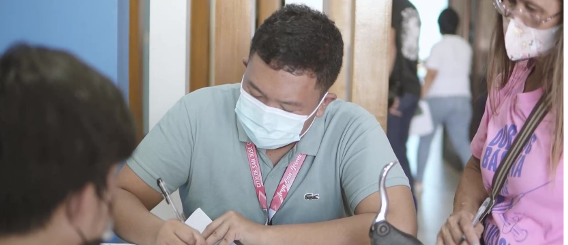
Jeffrey Querido, Public Health Nurse, City Health Center III
A distinct feature of the adherence platform is the Task List. The Task List identifies the patients with multiple missed doses, those who need to have their sputum follow-up test, and those whose end-of-treatment is coming up. With these, we can readily determine the patients we need to prioritize, those who need additional support.
The smart pillbox facilitates patient monitoring. We then call on the barangay (village) health worker (BHW) to visit patients who have not opened the pillbox and whose adherence is not yet recorded in the adherence calendar.
With the use of the smart pillbox, many of our patients achieved 100% treatment adherence.
Jhannes Olandag
For TB patients, having the smart pillbox matters a lot. With the smart pillbox, we didn’t have to go to the health center every day. This saved us time and transportation money.
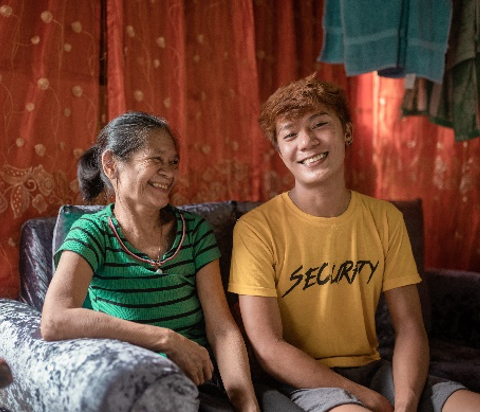
The smart pillbox helped ensure that my mother took her medications routinely. I didn’t have to remind my mother all the time because the smart pillbox reminded her when it’s time to take her daily dose. This allowed me to focus on my job.
We hope other TB patients can use the smart pillbox.
Editha Ganis
I am grateful to you for the medication given me and for the smart pillbox. Because of these, I was successfully cured of TB. Thank you so much to all of you!
The Unitaid-funded and supported ASCENT project is led by KNCV Tuberculosis Foundation in partnership with The Aurum Institute, London School of Hygiene & Tropical Medicine, and PATH.
